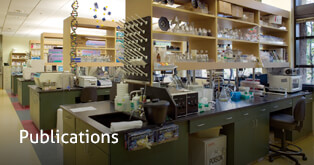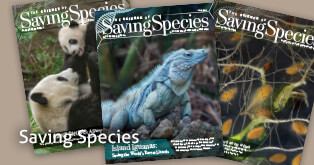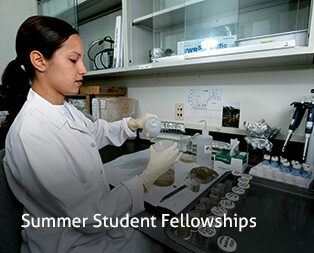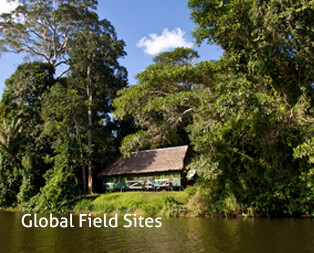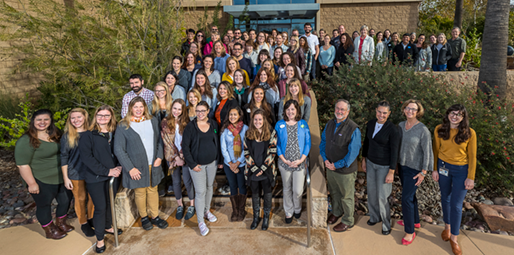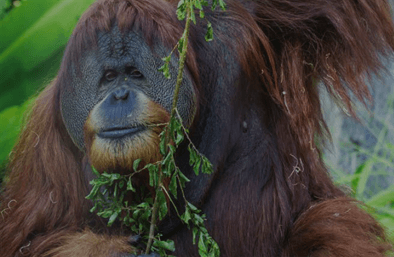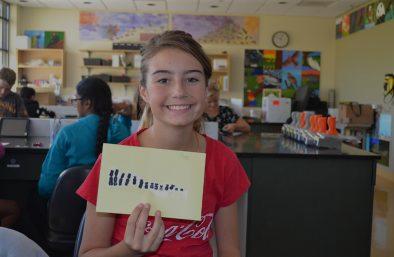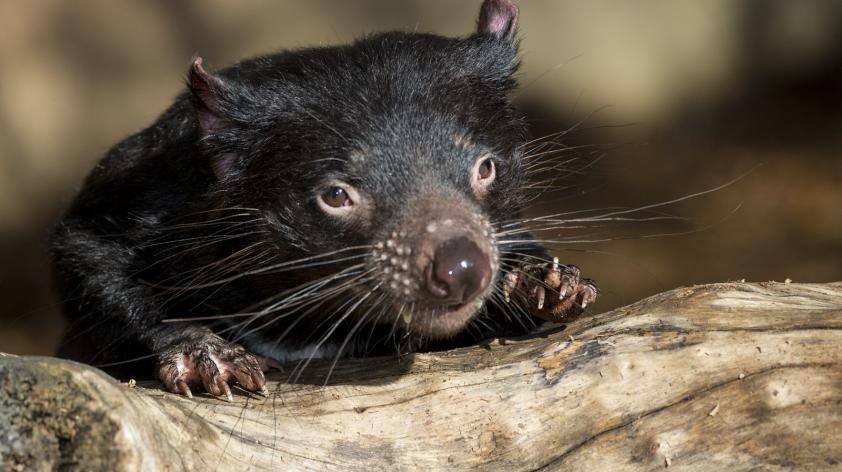
The devil’s contagious cancer
Cancer is not something we usually think of as a contagious disease, but one iconic species’ future hangs in the balance from a transmissible cancer that threatens the animal to extinction.
In 1996, tumors were observed on the faces and mouths of several wild Tasmanian devils in northeastern Tasmania. When scientists began further studying the disease now called “devil facial tumor disease” (DFTD) they determined it was an infectious cancer that can be passed between devils. This cancer appears to have originated from cells in the peripheral nervous system and likely arose from a single mutation in one animal that then spread throughout the population. When devils bite each other during feeding or mating, a common devil behavior, the tumor cells from an infected animal can graft onto and infect the recipient.
It is now estimated that infected devils die within nine months of getting the cancer and there is no cure. Death is commonly attributed to starvation when the devil is unable to eat due to overgrown tumors around the mouth. In some areas, the cancer has killed over 90% of the population.
Recently, researchers in Australia developed a vaccine that could help the Tasmanian devil’s immune system fight off the tumors. However, it is not known how to best implement the vaccine to have the greatest impact on the long-term viability of the larger population. Will the strategic introduction of vaccinated animals reduce the spread of disease in the whole population? How many vaccinated animals should be introduced?
The Wildlife Disease Laboratories’ team is helping to answer some of these questions by supporting efforts for releasing captive, tumor-free animals back into the wild. We are building computer simulation models to help predict what will happen to these animals based on what we know about the cancer and its relentless spread. Such a tool will help field biologists determine the right combination of devils and vaccines to boost population numbers and give the Tasmanian devil a fighting chance of beating the cancer.

